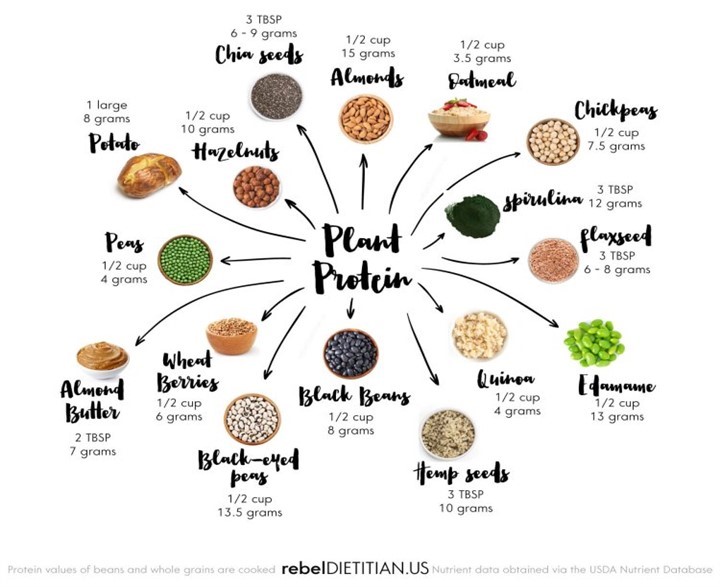Plant based diet

Therapist of the Month – July 2021
12/07/2021
TRY THIS! Plant-based remedies
09/08/2021Thinking of what a plant- based diet is seems self-explanatory but knowing what it involves is more intricate in detail. The diet contents and ingredients are basically any food that comes from a plant (fruits, vegetables, pulses, seeds, nuts and wholegrains). Some may choose to eat salt, sugar or meats in small quantities but these choices do not make the diet plant based. By adopting this meat free diet, the body is able to process any intake a lot easier and the nutrients from the plants reduce the strain on body systems and protects the heart from dis-ease. Of course, meals need to be consciously planned so that the body is still receiving all of the vitamins and minerals needed to keep it strong.
t’s important to learn and understand the nutrient properties of each plant selected, so any used can be monitored for side effects and benefits. Often, the term ‘plant-based diet’ is used in association with veganism or vegetarianism, but the latter may include dairy products as well.
Certain nuts, seeds and wholegrains, such as flaxseed or quinoa are known for having anti-inflammatory properties. This diet choice is also known to ease the pain of those living with chronic health dis-orders. If a person is eating healthier, the body and mind function at a higher level, including feeling calmer and more energised.
Eating plants tend to contain more fibre, which supports bowel health. Remember that the more organic and unprocessed the food is, the better and more nutritious it will be for the body (once ingested).
There are many reasons why people become vegans and they include a lot of ethical thinking, in relation to the fact its more eco-friendly to the environment, less cruelty to animals, anti-inflammatory to chronic dis-eases or as a lifestyle choice that embraces holistic health.
Eating vegan foods are better for the digestion system and gut health because they tend to contain a lot of fibre, which is especially healing for those who live with conditions like, irritable bowel syndrome (IBS), Crohn’s Disease and Ulcerative Colitis.
Many of the fruit, vegetables seeds and nuts, like berries, broccoli, avocados, bell peppers, grapes, cherries, kale, spinach, red kidney beans, carrots, flaxseeds, walnuts, chia seeds are anti-inflammatory so prevent joint and bone pain caused by arthritis.




